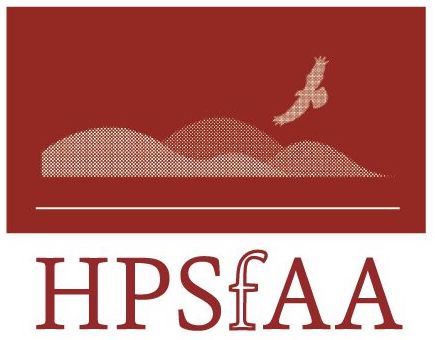  
 
The High Plains Society for Applied Anthropology |
|
Comments on Thomas Fitzgerald’s “Genome: Moral Choices and the Polity”
James Peacock
“Ought to do, and ought not.” The closing phrase by Thomas Fitzgerald announces a call for an ethical basis for decisions, personal or policy, concerning the genome and the power of science to design humanity through genetic engineering. Pondering this issue, Fitzgerald sets forth a searching – and scorching – critique of contemporary culture in general. His analysis leads to a desperately troubling conclusion: the scientific paradigm which has empowered humankind to alter its fundamental evolutionary process has also disempowered it to responsibly and intelligently think though the ethical issues that this genetic freedom confronts. Empirical science and scientific empiricism are keystones in rationalization and bureaucratization process which has corroded the deeper and richer and more adventurous, responsible, heroic, spiritual, and moral modes of understanding, living, deciding, and acting that Fitzgerald yearns for as a source in wise ethics concerning genome or anything else.
High Plains Applied Anthropologist No. 1, Vol. 17, Spring, 1997 pg 25<Get PDF>
Back To List of Previous Issues